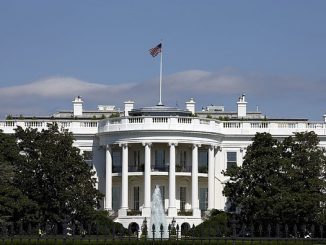The Senate logjam over a $14 billion “bridge loan” for the Big Three to tide them over until the end of March may be breaking. Republicans are demanding the equivalent of Chapter 11 bankruptcy as a condition — creditors must accept 33 cents on the dollar they’re owed, and workers must accept wages and benefits that match those of American workers in foreign-owned autoplants in the U.S. Democrats are at this hour negotiating a compromise.
Background: There’s a new Civil War going on when it comes to automaking in America. Japanese, Korean, and German automakers are now building 18 auto assembly plants in the United States, none of which is unionized. Kentucky (Senate Republican Leader Mitch McConnell) already has Toyota’s biggest auto assembly plant outside Japan. Tennessee (Senate Rep. Bob Corker, who came up with the “chapter 11” bailout amendment) houses Nissan’s North American headquarters. Alabama (Senate Rep. Richard Shelby) hosts Mercedez Benz and several other foreign automakers.
So there’s no reason to suppose the good citizens of Kentucky, Tennessee, or Alabama are particularly excited at the prospect of handing over their taxpayer money to competing firms and their workforces.
Besides, southern Republican are not particularly enamoured with the UAW, which has steadfastly bankrolled Democrats who have taken on Republicans. (The new Congress will have at least six new Democrats from formerly Republican districts, all of whom received at least $40K from the UAW.)
Corker’s compromise — which would force the UAW to match the wages of foreign, mostly non-unionized autoworkers in the South — would essentially make the UAW irrelevant. Why have a union if you can get the same deal without one?
But Republicans also know that the Big Three and their suppliers are spread out over the battle-ground states of Michigan, Ohio, Pennsylvania, Indiana, and Minnesota. Republicans don’t dare give up these states or alienate their citizens.
So here’s where compromise comes in.
The dirty little secret is that, bailout or no bailout, the Big Three will have to lay off thousands of workers over the next few years, as the foreign non-union automakers take market share away from them.




Leave a Reply